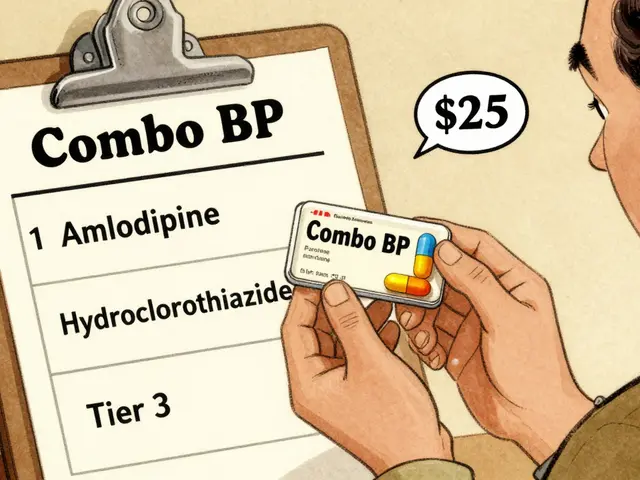Herbal Remedy: Simple Ways to Use Plants for Health
Ever wondered if a tea, tincture, or capsule made from a plant can really help with a sore throat, stress, or sleepless nights? You’re not alone. Millions turn to herbs because they’re easy to find, cheap, and feel more natural than a pill. The good news is that many herbs have real benefits, but they also need the same care you’d give any medicine.
On this page you’ll get the basics you need to start, a quick look at the most popular herbs, and the safety checklist that keeps you from wasting money or getting sick. Think of it as a cheat sheet you can skim before you head to the health store or click ‘add to cart’ online.
Getting Started with Everyday Herbs
First off, pick herbs that are well‑studied and easy to source. Chaga mushroom, for example, is a fungus that grows on birch trees and is praised for immune‑boosting antioxidants. A daily cup of chaga tea or a small capsule can support your energy without a jittery buzz.
Another favorite is American White Water Lily. It shows up in a lot of modern supplements and is linked to calmness and mild anti‑inflammatory effects. Look for extracts that list the plant’s scientific name (Nymphaea odorata) so you know it’s not a filler.
If you want something you can grow at home, try peppermint or ginger. Peppermint tea smooths an upset stomach, and fresh ginger slices can cut nausea fast. Both are safe for most adults, but keep an eye on dosage—one cup of tea a day is enough for most people.
When you buy a product, check the label for three things: the part of the plant used (leaf, root, bark), the extraction method (water, alcohol, or CO₂), and the concentration (how much active compound per serving). Manufacturers that hide this info often do it for a reason.
Staying Safe When Using Herbal Remedies
Herbs are natural, not automatically safe. Some interact with prescription meds, especially blood thinners, antidepressants, and diabetes drugs. For instance, high doses of ginger can thin your blood, which amplifies the effect of warfarin.
Always tell your doctor or pharmacist which herbs you’re taking. A quick chat can prevent nasty surprises. If you’re pregnant, nursing, or have a chronic condition, stick to low‑dose, short‑term use unless a professional says otherwise.
Start with the smallest recommended amount and see how you feel. If you notice stomach upset, headaches, or any new symptom, pause the herb for a few days and reassess. Most side effects disappear once you stop taking it.
Finally, buy from reputable sources. Look for online pharmacies or stores that require a prescription for stronger extracts, or that display a pharmacy license number. Cheap “miracle” blends often contain fillers, contaminants, or even prescription drugs.With these basics in mind, you can explore a wide range of herbal remedies—from calming chamomile to immune‑boosting echinacea—without guessing. Use the tips above, trust quality brands, and listen to your body. Your next natural health boost is just a cup or capsule away.
Bitter Wood: Powerful Health Benefits & Modern Research Insights
Discover how bitter wood, known as quassia, is used in traditional and modern remedies. Learn about its researched health benefits and practical tips for safe use.





